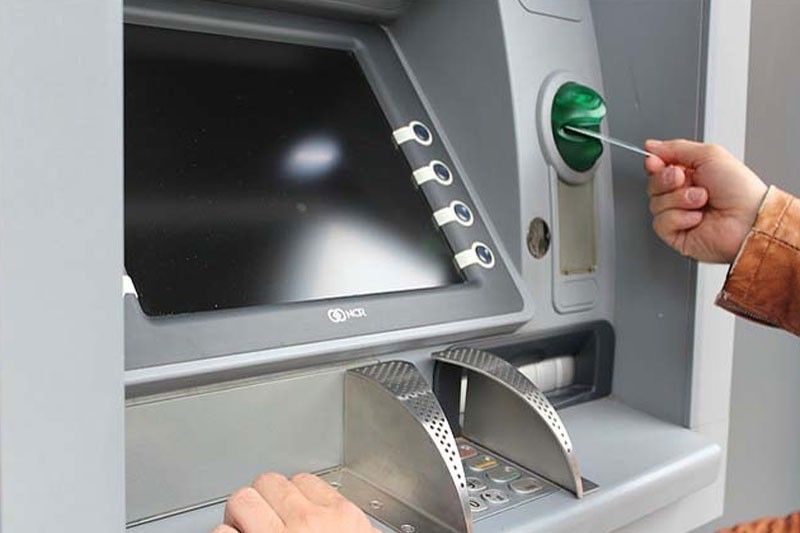BSP warns public vs sangla-ATM scheme

MANILA, Philippines — The Bangko Sentral ng Pilipinas (BSP) has cautioned automated teller machine (ATM) cardholders to refrain from participating in “sangla-ATM” schemes that may lead to financial troubles.
According to the BSP, the scheme involves the pawning of ATM cards as well as personal identification number (PIN) as collateral for loans.
“This scheme may lead to financial troubles for cardholders as it may be difficult for them to monitor withdrawals made by people to whom the ATM card and PIN were given. Creditors may also withdraw amounts higher than the cardholders’ debt,” the BSP said in a statement.
Sangla-ATM is a form of informal lending system wherein the ATM card is used as collateral and where the lender uses the ATM card or debit card to withhold the payment from the salary every pay day until the entire amount is repaid.
The regulator issued the advisory in line with its continuing program to guide Filipinos on safe and proper ways to handle money, credit and savings through financial education and personal finance management lessons.
“The BSP also advises borrowers to understand the terms and conditions of loan agreements to protect themselves against unreasonable demands,” it said.
Instead, the central bank urged Filipinos to get more information on microfinance, personal, and other small loan facilities by directly inquiring with banks and other BSP-supervised financial institutions.
BSP Governor Felipe Medalla said the central bank continues to coordinate with the Securities and Exchange Commission (SEC) on the regulation of online lending activities.
Medalla said the BSP wants to make sure that the public borrows from banks and financial institutions instead of informal lenders.
In March last year, the SEC imposed an interest rate cap on lending and financing companies as well as their online lending platforms as prescribed by the BSP under Circular 1133.
Under the circular, the maximum nominal interest rate was fixed at six percent monthly or 0.2 percent daily, while the effective interest rate stood at 15 percent monthly or 0.5 percent daily for unsecured covered loans and general-purpose loans not over P10,000 and with a four-month tenor.
Lending and financing firms will only be allowed to charge late payment or nonpayment penalties worth as much as five percent monthly on the outstanding balance due.
The circular also puts a 100 percent cost cap of the total amount borrowed, which covers all interest, other fees, and charges “regardless of time the loan has been outstanding.”
The BSP earlier reported that interest rate charged by lending companies soared to 360 percent per annum, or 30 percent per month, between 2016 and 2019 from only 60 percent a year or five percent monthly from 2014 to 2015.
As COVID-19 pandemic raged, lending firms further raised the interest rate on loans to 504 percent annually or 42 percent per month.
- Latest
- Trending



























